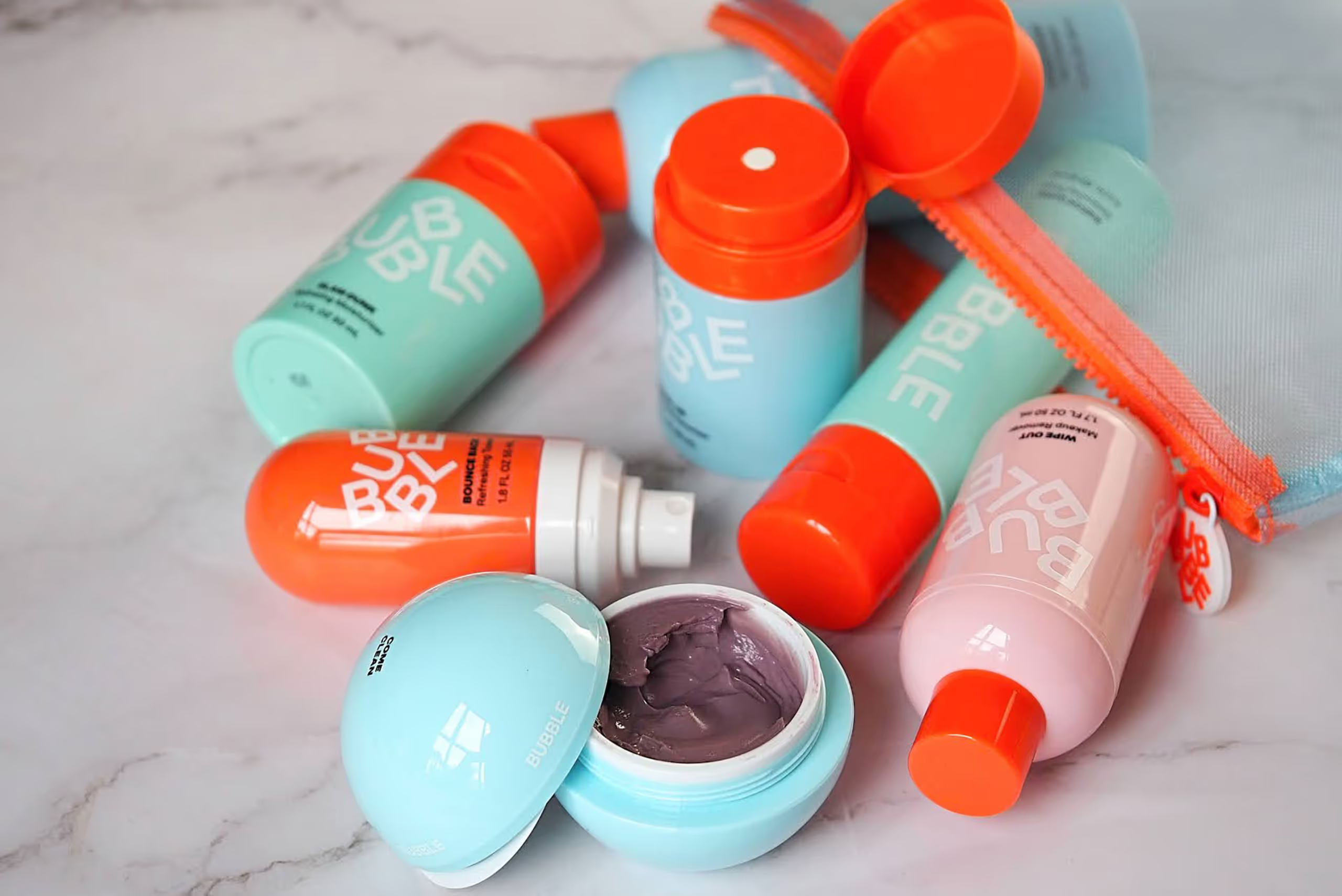5 Essential Content Marketing Strategies for Skincare Brands
Teach first, sell softly. Anchor content in derm‑credible education, show real‑world results with policy‑safe claims, and tailor formats to each channel. Measure saves, search lift and cohort LTV, not just short‑term clicks.

Skincare is a trust category. For luxury brands, content has to do more than look beautiful, it has to teach, reassure and prove. When education, creators and clinical proof align, content compounds both brand equity and sales.
Problem → Many premium skincare brands post polished visuals without answering the questions buyers actually have, ingredients, routines, compatibility, and clinical evidence.
Solution → Build an editorial system where education leads and commerce follows: routine explainers, ingredients decoded, clinical proof made simple, and creators who speak with credibility, not hype.
1) Build an education engine (routines, ingredients, skin goals)
Organise content around the questions people ask before they buy: AM/PM routines, how to layer actives, and what to use for specific skin goals (barrier repair, pigmentation, sensitivity). Turn long guides into short Reels/TikToks and carousels; keep copy calm and specific.
2) Make proof effortless (clinical data, before/after, reviews)
Translate clinicals into plain language and visuals: % improvement, timeframe, sample size. Pair with policy‑safe before/afters and verified reviews. House a ‘Proof Hub’ on site and link to it from every product page and social bio.
3) Cast credible creators (derms, estheticians, real routines)
Work with dermatologists, estheticians and creators known for routine education. Prioritise real routines and product walkthroughs over trend skits. Use Collab posts and whitelisting to extend reach; always disclose partnerships.
4) Design for channels (IG, TikTok, YouTube, Pinterest, Email)
Instagram: carousels + Reels with subtitles and calm overlays. TikTok: 9–15s hooks, ingredient quick‑takes, routine micro‑tutorials. YouTube: 3–6 minute explainers with chapters. Pinterest: Idea Pins for routine steps. Email: ‘Derm Notes’ and routine builders. Unify styling so assets feel like the same brand across surfaces.
5) Stewardship & care (post‑purchase content that lifts LTV)
After the first order, switch to care: how to introduce actives, what to expect week‑by‑week, and how to handle sensitivity. Send check‑ins at days 7/21/42 with tips and support. Good stewardship reduces returns and grows LTV.
Formats that work for luxury skincare (and why)
• Routine recipes: AM/PM carousels, 5–7 frames, subtitles on
• Ingredient decoded: one active per cut (what it does / who it’s for / how to layer)
• Proof tiles: single stat + tiny footnote linking to study
• Real routines: creator or derm talking to camera; bathroom natural light
• Care guides: sensitivity protocols, patch‑testing, seasonal swaps
Measurement that respects equity (beyond vanity metrics)
Track non‑follower reach, saves and profile taps; clicks to Proof Hub; add‑to‑cart rate from education pages; and cohort LTV for customers exposed to care content. Expect long paths, education often introduces, search completes.
Pros & cons of an education‑first skincare strategy
Pros. Builds trust, reduces returns, raises AOV and repeat; assets repurpose across channels; improves paid efficiency via higher intent.
Cons. Requires clinical clarity and governance; results compound over time; needs consistent creator operations.
FAQs
Do we need to cite clinical studies in consumer content?
Summarise clearly in plain language and link to the full study or a ‘Proof Hub’ page. Keep claims specific and policy‑safe.
How often should we publish?
Plan weekly: 2–3 Reels/TikToks, one carousel, one story set, one newsletter. Increase only when quality can be maintained.
What about before/after photos?
Use consistent lighting, timeframes and disclaimers. Avoid implying guaranteed outcomes; disclose if images are representative.
Which creators work best?
Derms and estheticians for authority; routine‑focused creators for relatability. Prioritise those already educating their audience.
How do we measure long‑term value?
Track cohort LTV and repeat rate for users exposed to education/care content vs those who weren’t.
Conclusion
Luxury skincare wins with calm confidence. Lead with education, make proof easy to understand, cast credible creators, and tie every story back to a clear routine. That’s how content earns trust, and repeat customers.

.avif)


